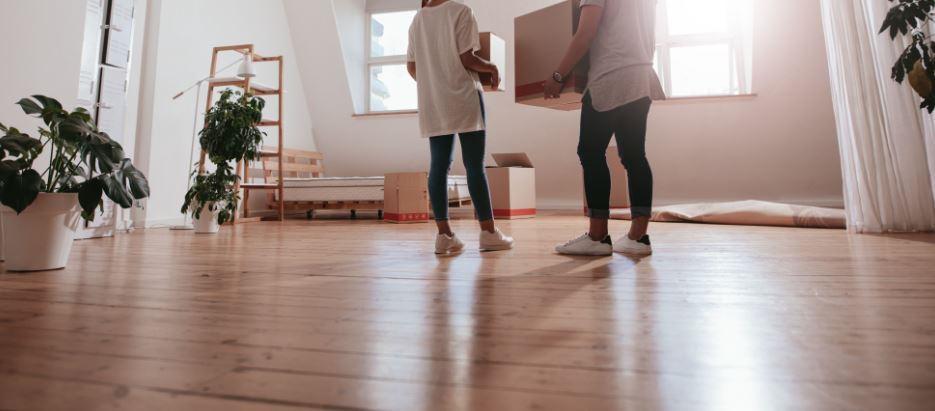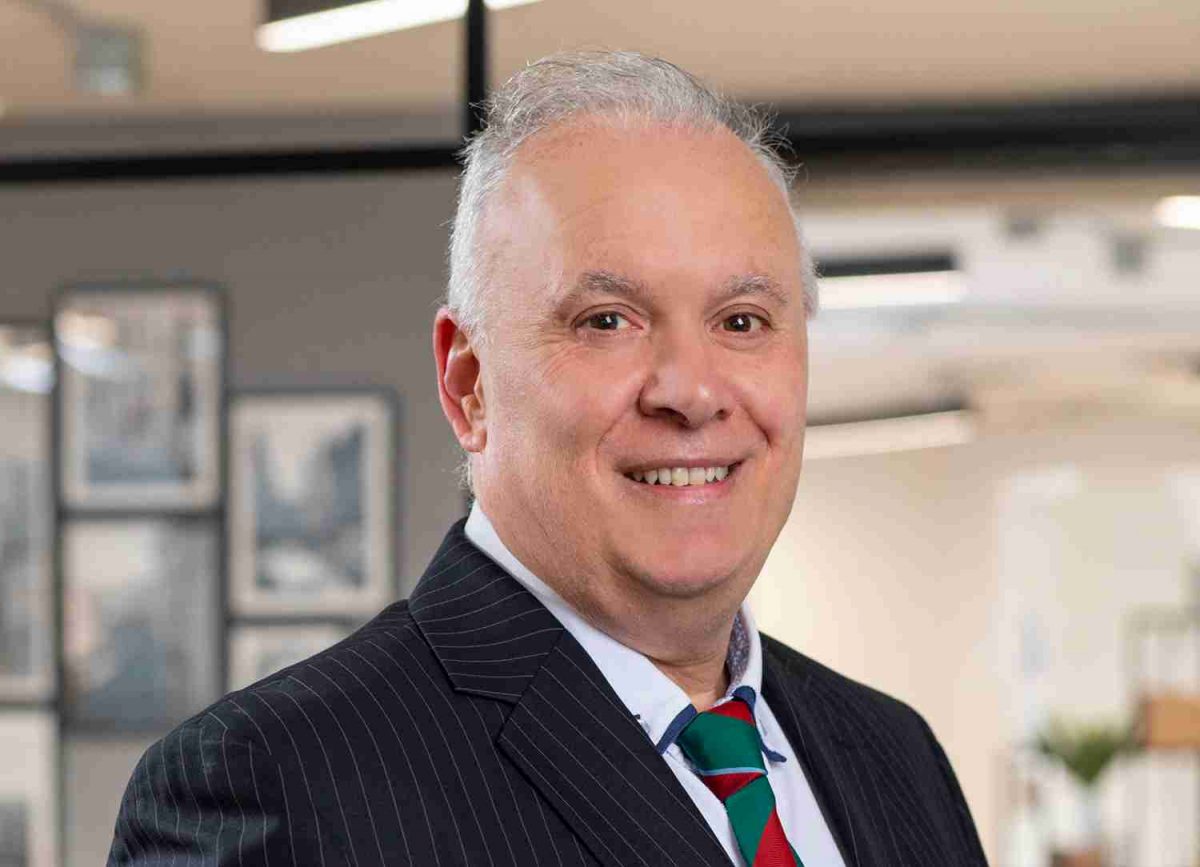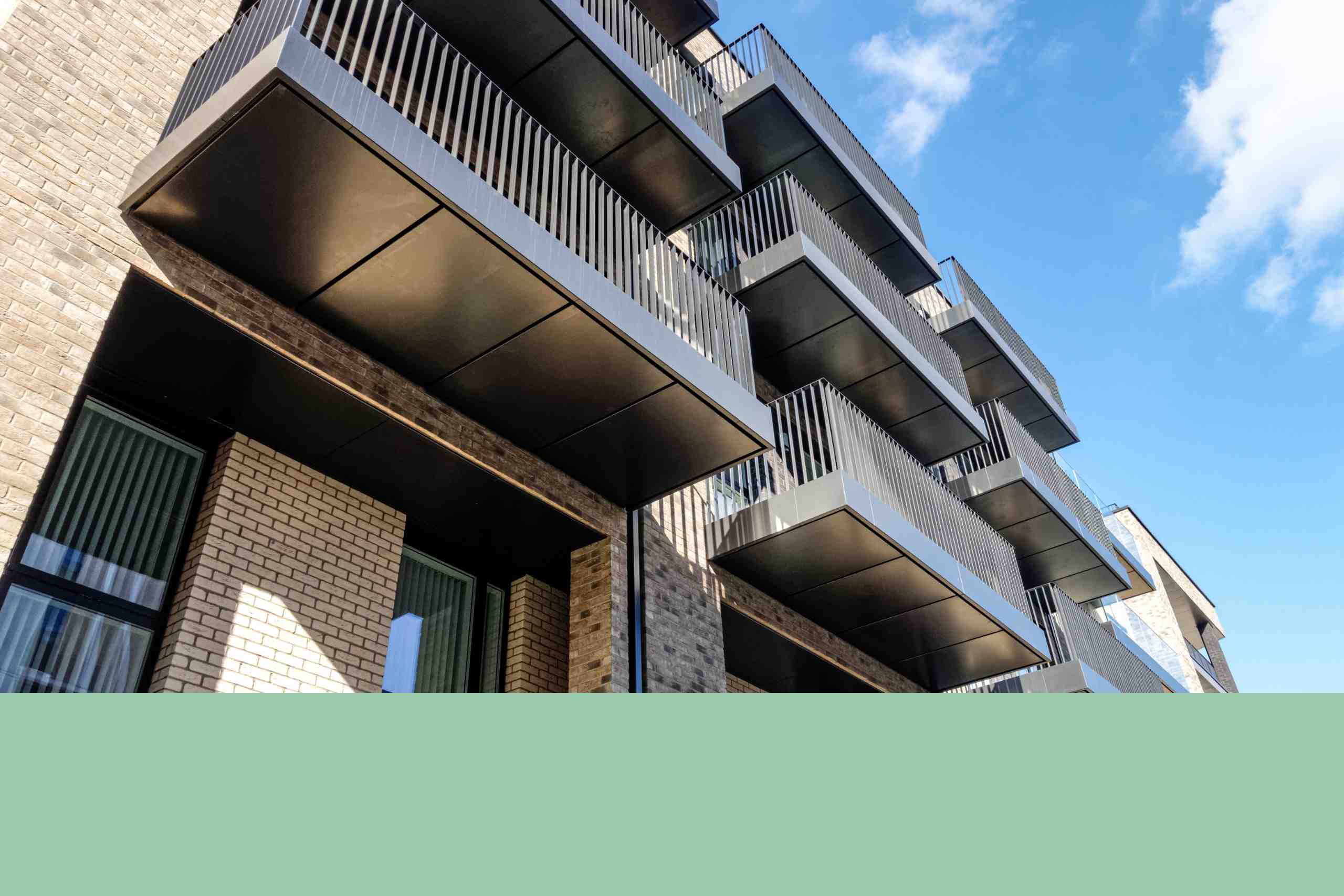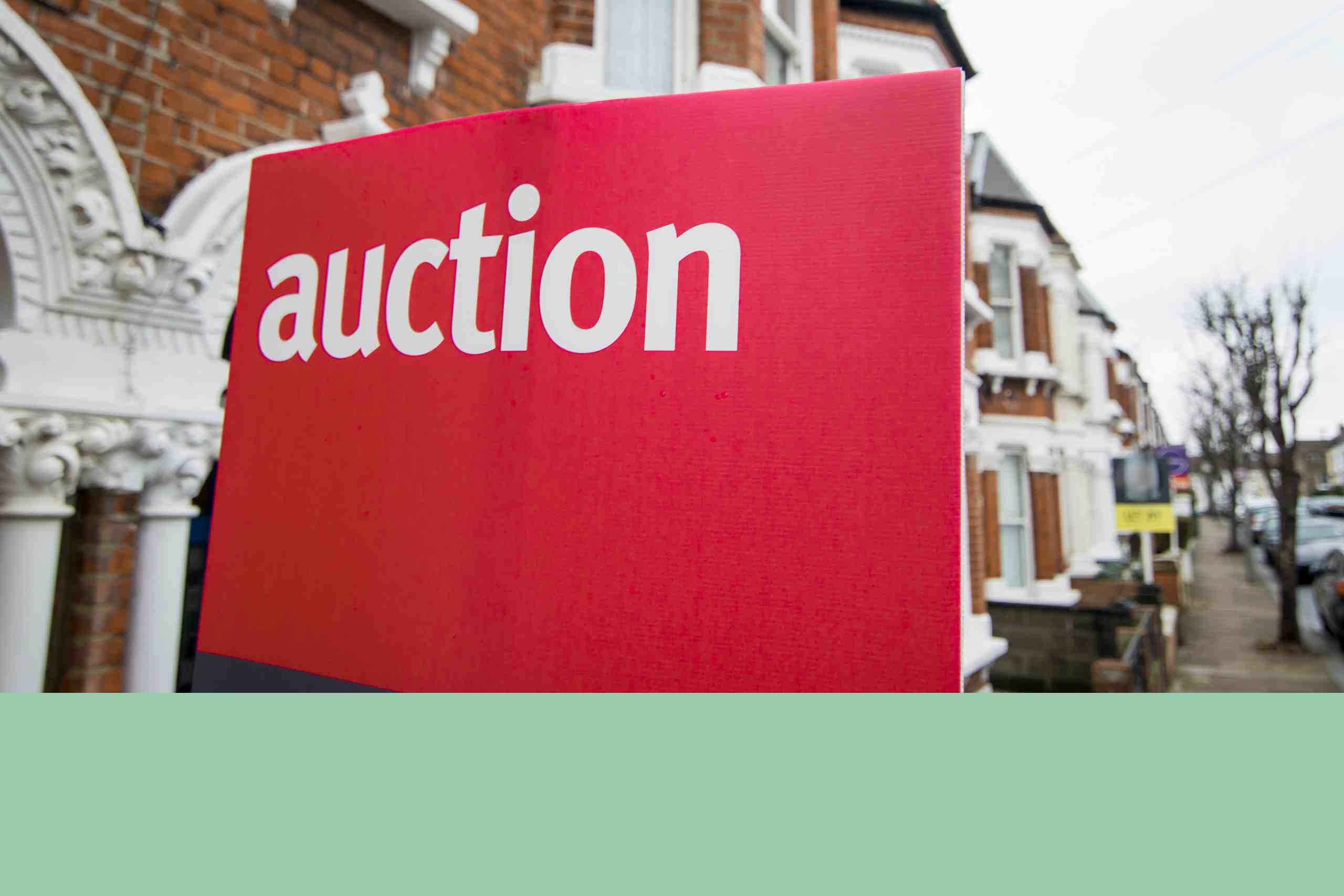
Lease Extensions Solicitors
Our specialist lease extension lawyers are able to assist with the process from start to finish. Our lawyers are experienced in both voluntary and statutory lease extensions and fully appreciate the potential perils involved in the process.
What is a lease?
A Lease is a mechanism by which you may own a property (usually a flat, although there are also some leasehold houses). The lease will be for a finite period of time and the unexpired term of the lease will decrease each year. Once the lease term has expired your ownership of the property will cease, so it is very important you do not let this happen.
What is a Lease Extension?
A lease extension is the process by which you increase the number of years left on the term of the lease.
How do I extend my lease?
There are two ways to extend your lease, formally via legislation or informally by approaching the freeholder to see if they’re willing to negotiate a lease extension.
The formal statutory procedure is set out within the Leasehold Reform Housing and Urban Development Act 1993. This procedure has strict timelines that must be followed in order for the lease extension to be granted. This method provides an element of protection to leaseholders as it allows them to apply to the First Tier Tribunal for the lease extension to be granted if terms cannot be agreed with the freeholder. If you choose the statutory process, ground rent will be reduced to a peppercorn and you are entitled to have an additional 90 years added to the remaining term of your existing lease. For example, if your existing lease is due to expire in 2035, you will be granted a new lease that expires in 2125.
Under the informal voluntary route, a leaseholder can approach the freeholder to request a lease extension but a freeholder is under no obligation to respond. If a freeholder does respond, both parties will negotiate the premium and terms. If you have a mortgage, the lender will need to agree to transfer their charge from the existing lease to the new lease.
For either type of lease extension, you will need to arrange a lease extension valuation report which will calculate the premium payable to extend your lease.
Am I eligible for a lease extension?
In order to be eligible for a formal lease extension, there are certain criteria that must be satisfied
- The lease must be a long lease (which means its term must be at least 21 years)
- You must have owned the property for at least two years
There are some nuances to eligibility depending on who your landlord is. We can assist you in determining whether you are eligible by reviewing your lease.
Lease extensions – frequently asked questions
A leasehold property with a lengthy remaining term (100+ years) can considerably increase its market value as a long lease is attractive to prospective buyers.
If you have fewer than 90 years remaining on your lease, this will likely limit how much you can market the property for and be of less interest to prospective buyers. This is because mortgage companies are reluctant to offer mortgages on properties with short leases due to the possibility that the value will decline and their security will be left in danger.
As a general rule, if the lease has fewer than 90 years remaining, you should start considering a lease extension.
A lease extension becomes far more expensive when the remaining term drops below 80 years. This is because marriage value applies which adds an additional cost of 50% of the property’s “marriage value” on top of the lease extension premium.
Marriage value reflects the increase in the value of the property following completion of the lease extension. The justification is that the potential profit in market value the leaseholder could benefit from arises from the landlord’s obligation to grant the new lease. This profit should therefore be shared equally between the leaseholder and landlord.
Although rare, leasehold houses do exist. Owners of a leasehold house may be able to extend their lease under the Leasehold Reform Act 1967 by 50 years.
In contrast to leasehold flats, there is no premium for a lease extension of a house. However, ground rent for the 50-year extension may be increased to represent the letting value of the property.
A standard leasehold extension will include the following costs:-
- Your Lease Extension Valuation Report
- Premium
- The Landlord’s reasonable Legal Fees
- Your solicitor’s Legal Fees
To give you an indication of the premium, The Leasehold Advisory Service has a calculator tool for leasehold flat extensions.
The current government has suggested that it wishes to change the process by which leases are extended, however we do not know when this will happen or what the exact nature of the changes may be.
How can our lease extension solicitors help you?
Our lease extension solicitors are experienced in both voluntary and statutory lease extensions.
For voluntary lease extensions, we can help review the terms of the new lease to ensure they are acceptable. If you have a lender, we can liaise with them and carry out their requirements for transferring their charge to the new lease. We can also assist with registering the new lease at the Land Registry.
For statutory lease extensions, we can help confirm whether you are eligible for a formal lease extension. We can then deal with the statutory notice to the landlord, ensuring it is correctly drafted and served according to the legislation. Once the landlord’s response is received, we can deal with it accordingly making sure the strict timetable as set out in the statute is followed. Once the lease extension has completed, we can register the new lease at the Land Registry.













